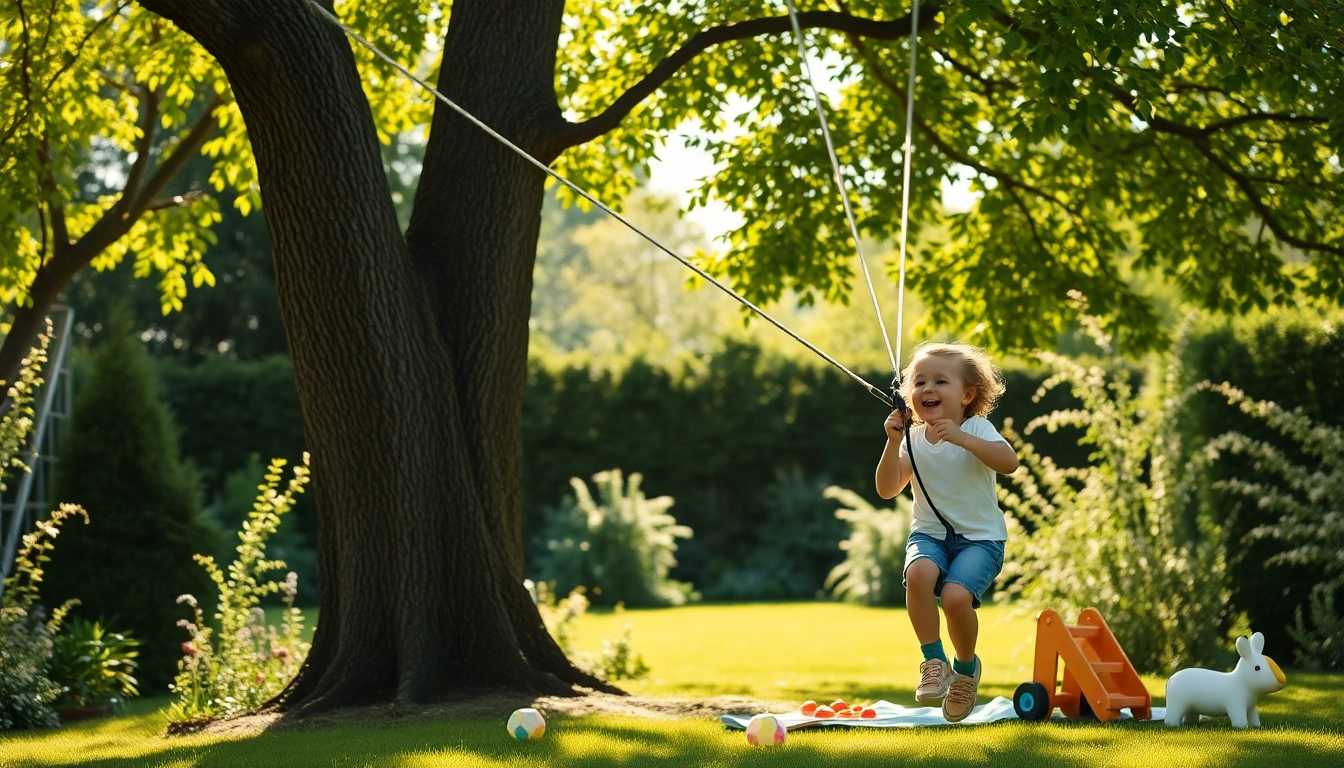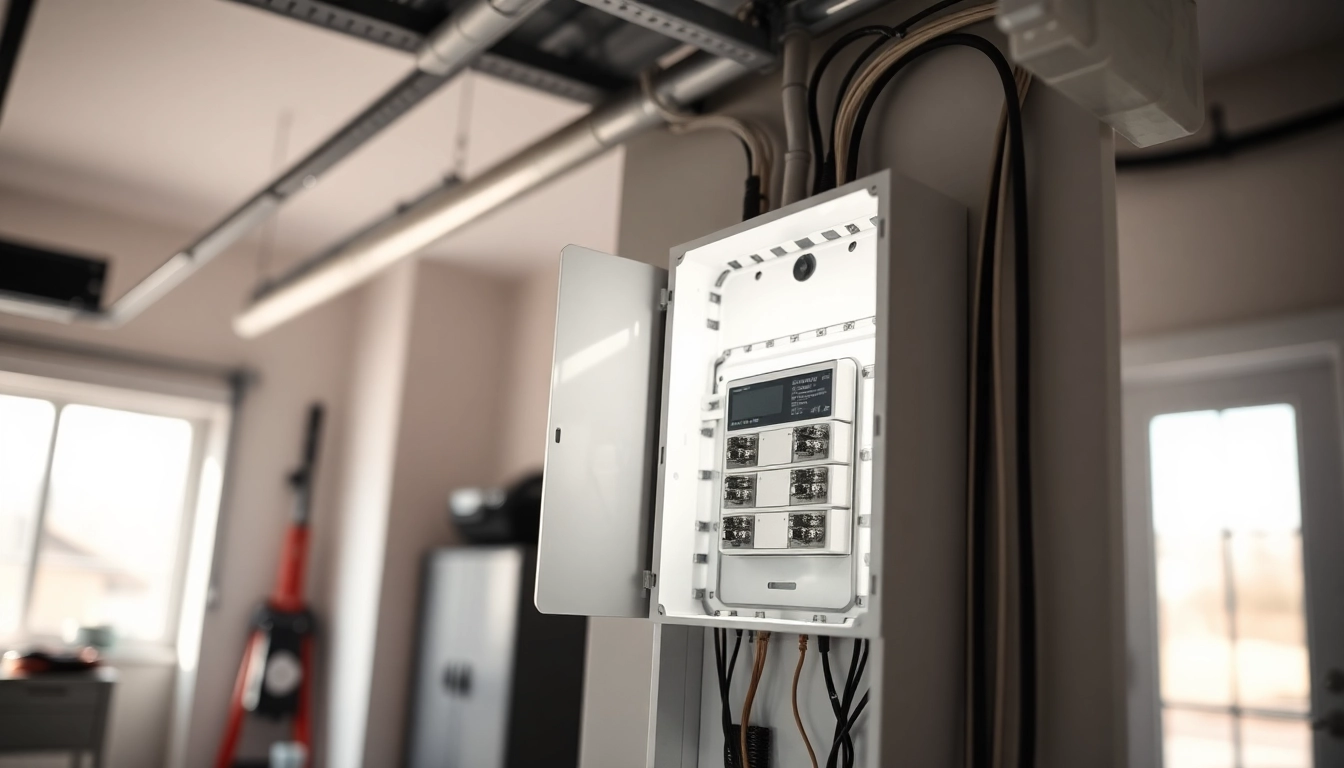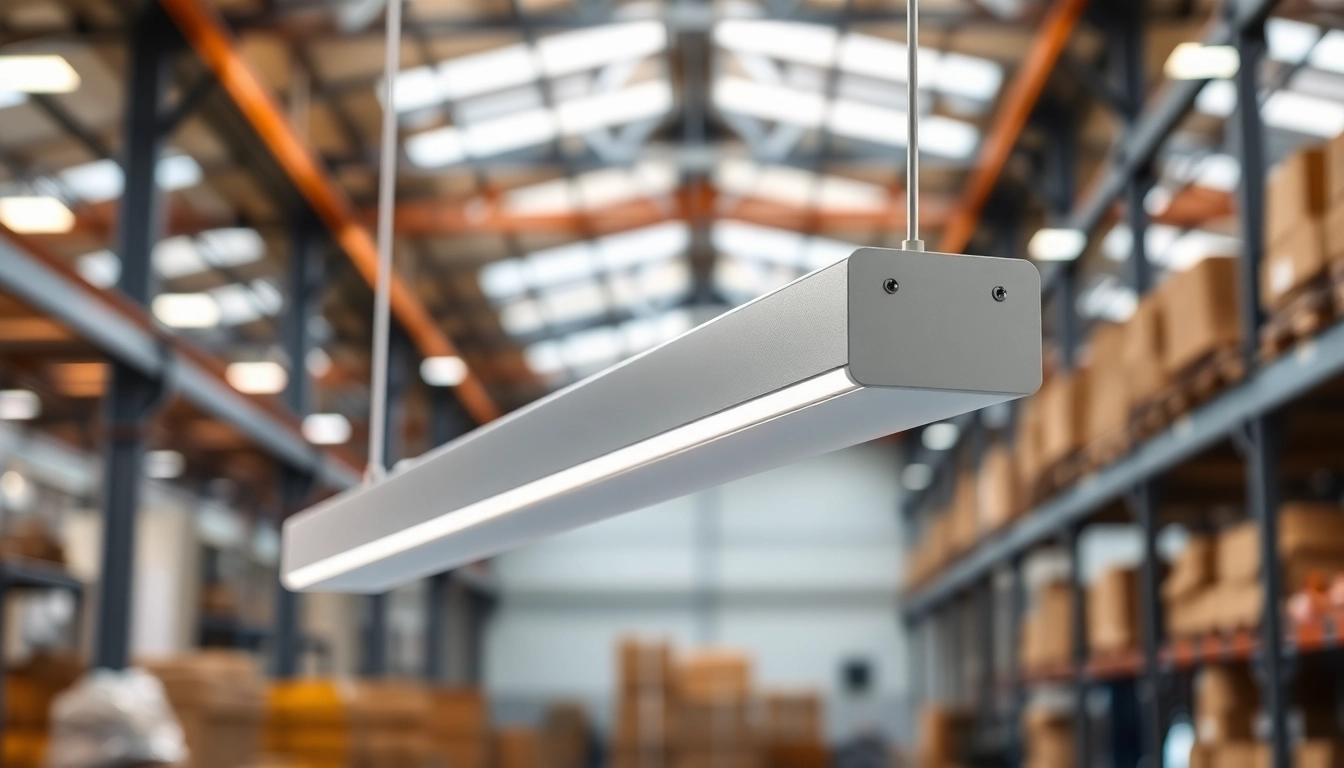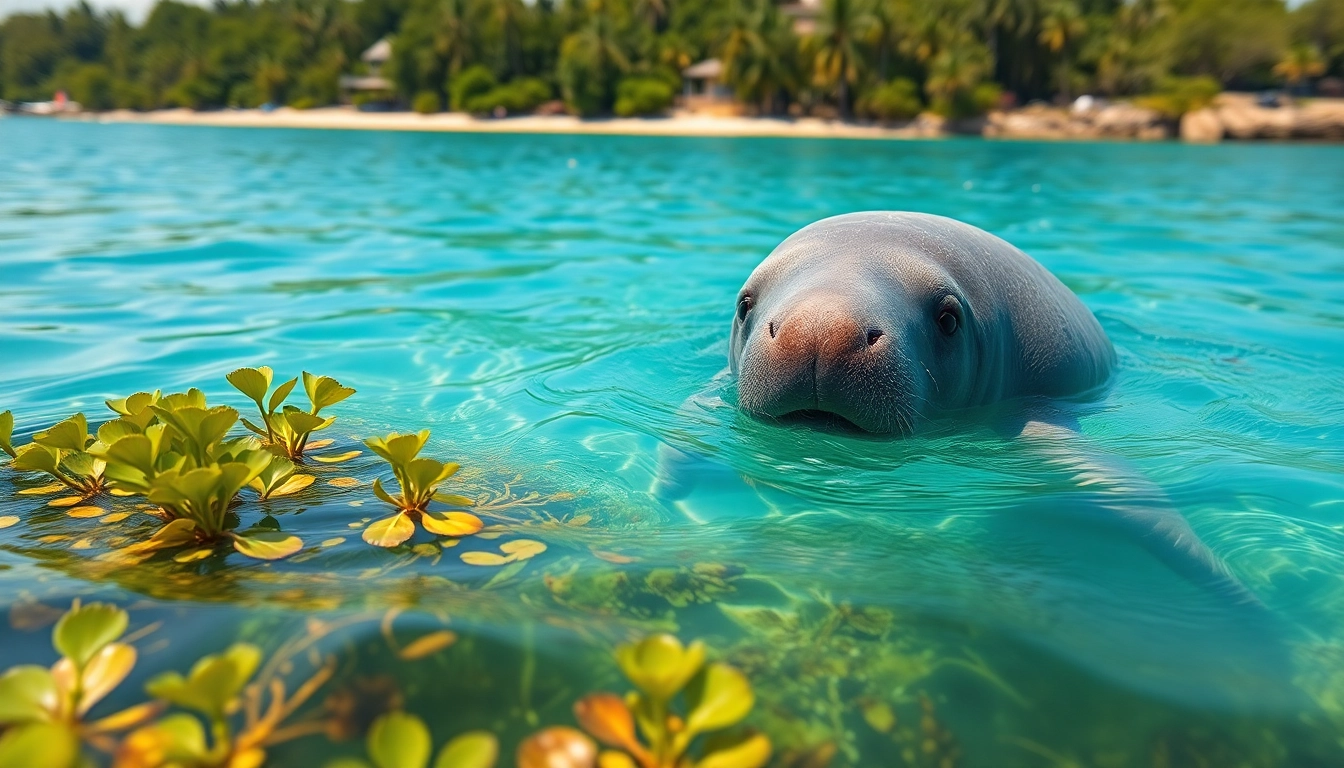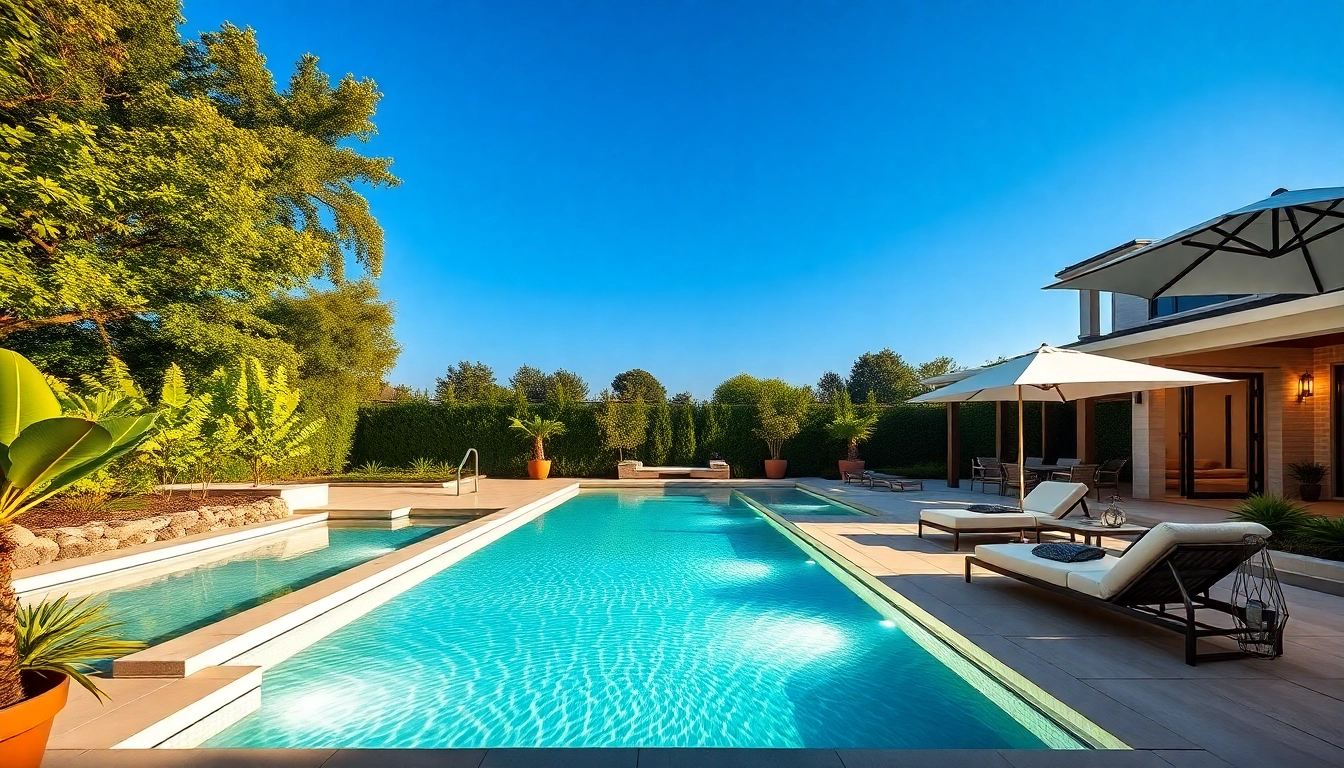
Understanding Custom Pools
What is a Custom Pool?
A custom pool is a bespoke swimming pool designed and constructed to cater specifically to the homeowner’s preferences, lifestyle, and the unique characteristics of their property. Unlike standardized pool kits that come in predetermined shapes and sizes, custom pools offer the freedom of creativity and personalization. Homeowners can select from a variety of shapes, sizes, depths, and materials, enabling them to create a swimming oasis that perfectly complements their outdoor space.
Key Benefits of a Custom Pool
Investing in a custom pool brings numerous advantages. Here are some key benefits:
- Tailored Design: Custom pools allow for a design that reflects personal tastes and fits seamlessly with the landscape design of your home.
- Increased Property Value: A well-designed custom pool can significantly enhance the overall value of your property, making it more appealing to potential buyers.
- Unique Features: Homeowners can incorporate custom features such as waterfalls, lighting, or integrated spas, providing a unique atmosphere and functionality.
- Improved Lifestyle: A custom pool encourages more outdoor activities, relaxation, and entertainment, enriching your home’s lifestyle experience.
- Quality Construction: Custom pools are built to higher standards of quality, ensuring durability and longevity compared to pre-fabricated pools.
Types of Custom Pools to Consider
When deciding on a custom pool, several options are available, each with distinct features and benefits:
- In-ground Pools: These pools are built directly into the ground and offer a permanent solution. They can be constructed from various materials like fiberglass, concrete, or vinyl.
- Above-ground Pools: Though typically less expensive, these pools can also be custom-designed to fit your yard and accommodate specific preferences.
- Infinity Pools: These visually stunning pools create the illusion of extending into the horizon, ideal for properties with scenic views.
- Natural Pools: A more eco-friendly option, natural pools use plants and natural filtration instead of chemicals to keep the water clean.
- Plunge Pools: Designed for smaller spaces, plunge pools offer a luxurious retreat for relaxation without occupying significant yard space.
Designing Your Custom Pool
Choosing the Right Location
The location of your custom pool is crucial to its aesthetic appeal and functionality. Here are factors to consider:
- Sun Exposure: Ensure adequate sunlight for warmth throughout the day, enhancing the swimming experience.
- Accessibility: Position the pool near the house for easy access, while considering the proximity to other amenities like bathrooms.
- Privacy: Evaluate the neighboring landscape and structures to create a secluded environment, enhancing the enjoyment of your pool.
- Drainage: Make sure the area is suitable for drainage to prevent water accumulation around the pool.
Incorporating Landscaping Elements
Integrating landscaping with your custom pool design can enhance its beauty and functionality. Some elements to consider include:
- Patios and Decking: Use materials like natural stone or composite decking to create a stylish area for lounge chairs and outdoor furniture.
- Plants and Trees: Adding greenery around the pool can provide shade, privacy, and beauty. Choose low-maintenance and water-resistant plants for optimal results.
- Water Features: Incorporate fountains, waterfalls, or ponds for a tranquil ambiance and enhanced visual appeal.
- Lighting: Strategically placed outdoor lighting can create a stunning ambiance during night-time swims and enhance safety.
Popular Features and Add-ons
When designing a custom pool, consider including features that enhance your enjoyment and usability:
- Hot Tubs and Spas: Integrated spas can provide relaxation and luxury, adding versatility to your pool area.
- Slides and Diving Boards: Fun features like slides and diving boards are particularly appealing for families with children.
- Swim-Up Bars: A swim-up bar can offer a resort-style experience, perfect for entertaining guests.
- Automatic Covers: These covers offer safety, ease of use, and help maintain pool temperature and cleanliness.
Budgeting for Your Custom Pool
Estimating Costs and Expenses
Understanding the potential costs associated with building a custom pool is essential for setting a realistic budget. Factors influencing total cost include:
- Size and Depth: Larger pools generally cost more to install and maintain.
- Materials: The choice of pool material (e.g., concrete, fiberglass, vinyl) can significantly impact construction and maintenance expenses.
- Location and Site Prep: Additional costs may arise for land clearing, excavation, and leveling the area for installation.
- Features and Add-ons: Including accessories such as lighting, heating systems, or landscaping can affect overall costs.
Finding Funding Options
Building a custom pool is a significant investment, and exploring financing options can help manage costs effectively:
- Home Equity Loans: Leveraging your home’s equity through a home equity loan or line of credit can help finance your pool renovation.
- Pool Loans: Some lenders offer loans specifically for pool construction that may have favorable rates and terms.
- Credit Cards: For smaller projects or renovations, using a credit card may provide immediate funds, but be cautious of high-interest rates.
- Personal Savings: Utilizing savings can prevent debt but requires thorough planning and budgeting to ensure financial stability.
Tips for Staying Within Budget
To keep your custom pool project on track financially, consider implementing these budgeting tips:
- Planning Ahead: Ensure a well-thought-out design before proceeding with construction to avoid unforeseen expenses.
- Research Contractors: Get multiple quotes from reputable contractors, checking their references and past work to ensure quality and value.
- Prioritize Features: Focus on essential features first, delaying less critical additions for future phases.
- Regular Communication: Maintain open communication with your contractor for transparency on costs and potential savings.
Building Your Custom Pool
Selecting the Right Contractor
Choosing the right contractor is crucial for the successful completion of your custom pool. Here’s how to select a reputable pool builder:
- Verify Licensing and Insurance: Ensure the contractor is properly licensed and holds liability insurance to protect against potential issues during construction.
- Review Past Projects: Ask to see completed projects and customer reviews to gauge the quality of work and ensure it matches your expectations.
- Check References: Contact previous clients for feedback on their experiences regarding professionalism, workmanship, and project timelines.
- Obtain Detailed Contracts: Always seek a comprehensive written contract detailing project specifications, timelines, and payment terms to avoid misunderstandings.
Planning Construction Timelines
Having a realistic timeline for construction can enhance the project management process. Consider these factors:
- Weather Conditions: Weather can affect construction time; plan accordingly for local seasons and conditions.
- Permitting and Approvals: Be aware that obtaining necessary permits can cause delays; start this process early to prevent setbacks.
- Labor Availability: Contractor’s availability and workload can influence timelines; discuss this during the hiring process.
- Coordination with Other Trades: If landscaping or electrical work is involved, schedule coordination between teams to streamline the process.
Managing Construction Challenges
Construction can come with various challenges; however, effective management can mitigate setbacks:
- Preparation for Unexpected Issues: Be prepared for potential surprises such as underground obstacles or weather interruptions; have a contingency plan.
- Regular Site Visits: Frequent site visits allow you to track progress and address issues promptly with your contractor.
- Open Communication: Promote transparency and open lines of communication with your contractor; issues are more manageable when discussed promptly.
- Document Everything: Keep records of everything from contracts to changes made during construction; this can prevent misunderstandings later.
Maintaining Your Custom Pool
Regular Cleaning and Upkeep
Ensuring your custom pool remains in pristine condition requires ongoing maintenance. Consider these essential upkeep tasks:
- Routine Cleaning: Skim the surface for debris, vacuum regularly, and brush walls and steps as needed to keep the pool clean.
- Water Balance: Regularly test pool water chemical levels and make adjustments to maintain proper pH and chlorine levels.
- Filter Maintenance: Clean filters and ensure circulation systems operate efficiently to prevent clogs and require replacements.
- Cover the Pool: When not in use, covering the pool can keep it clean and conserve water.
Seasonal Maintenance Tasks
Seasonal adjustments are vital to preserving your pool’s longevity and performance. Tasks may include:
- Winterizing the Pool: In colder climates, closing the pool properly for winter involves draining water and protecting equipment from freezing.
- Spring Start-Up: Flushing out debris, adjusting chemical levels, and inspecting systems are important for preparing the pool for summer use.
- Summer Checks: Frequent monitoring due to heavy usage is vital; balance water chemistry and maintain filtration systems during peak season.
- Autumn Prep: Regular skimming and cleaning are essential in keeping leaves and debris out to prepare for winter.
Upgrading and Renovating Your Pool
As tastes and technology evolve, upgrading your custom pool can enhance both aesthetics and functionality:
- Energy-Efficient Equipment: Upgrading to energy-efficient pumps and heaters can reduce operating costs while maintaining pool conditions.
- Modern Features: Incorporating new features like LED lighting or smart pool technology can provide a modern touch and increase enjoyment.
- Renovation for Aesthetics: Resurfacing or installing new waterline tiles can rejuvenate the appearance of an aging pool.
- Revisit Landscaping: Updating landscaping can enhance overall outdoor appeal, making the pool area feel fresh and inviting.
